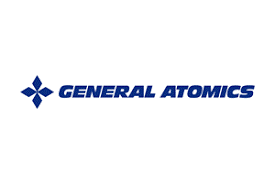We’re experts in Aviation safety

Avionics safety made easy
ConsuNova makes the complex, tedious tasks of safety verification easy, no matter your project’s size, scope or specialty.

Customizable and expert guidance
Our domain-specific senior consultants will assess your project at any stage, from wherever you need, be it onsite or online.

Exceed every standard
We’re Avionics safety masters using deep, hands-on tool, tech, and standards experience to be your trusted advisor at every project step.

Ensure faster, most cost-effective Avionics projects
Verify at each step. ConsuNova specialists perform all the necessary steps of Avionics safety analysis, including verification of requirements at each stage of aircraft development.

“Subject Matter Expertise & delivery, of an otherwise dry material, was spot-on. I recommend this course to everyone.”
Gilbert B. | Engineering Manager, Raytheon Technologies
Avionics Safety Analysis for all


“The presenters were exceptionally knowledgeable and provided quality presentations and real-life examples. We’ll apply the training to our current certification efforts and enhance our projects.”
Murray L. | Certification Manager, General Atomics
ConsuNova’s Primary Safety Analysis Services (based on ARP 4761 or MIL-STD-882)
Ready to ensure your project’s Avionics Safety?
Fill out the form and a team member will contact you to discuss your Avionics project safety assessment needs.

